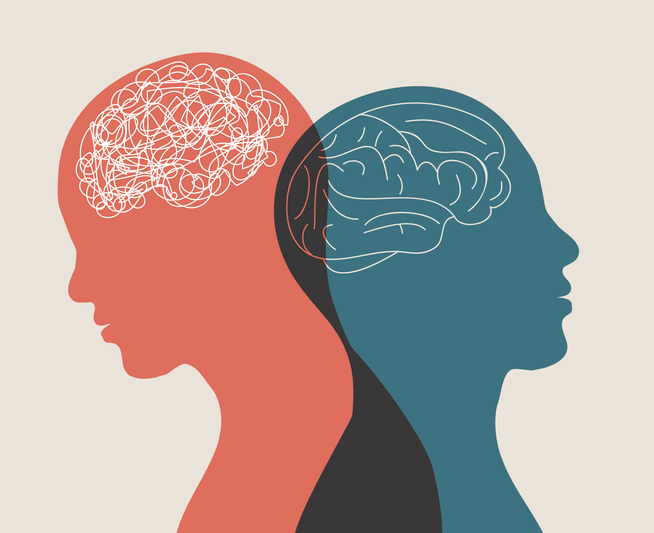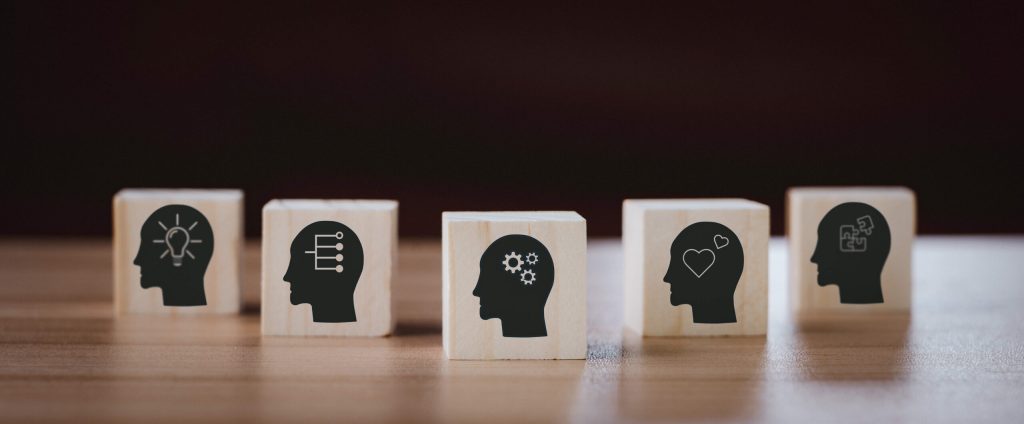Introduction
Psychology is the study of the mind and behavior, offering insights into how individuals think, feel, and act. It helps us understand the complexities of human emotions, thoughts, and interactions. By exploring psychological principles, we can gain a better understanding of ourselves and those around us. In this article, we will delve into the fascinating world of psychology, explore key concepts, and examine how it influences our daily lives, relationships, and mental health.
The Basics of Psychology: Key Concepts and Theories
Understanding Behavior: Why We Do What We Do
Psychology seeks to answer fundamental questions about why we behave the way we do. From simple actions to complex emotions, understanding human behavior is at the heart of the discipline. Psychologists explore various factors that influence behavior, including biological, social, and environmental factors.
Behaviorism, a prominent psychological theory, suggests that our actions are shaped by our environment and past experiences. This approach emphasizes observable behavior, rather than internal mental processes. For example, a child might behave in a certain way based on the rewards or punishments they’ve experienced in the past, a concept known as “conditioning.”
On the other hand, cognitive psychology focuses on understanding mental processes, such as perception, memory, problem-solving, and decision-making. It looks at how we acquire, process, and store information, influencing our thoughts, behaviors, and interactions with the world.
Theories of Personality: Who Are We?
Personality psychology aims to understand the unique traits that make us who we are. Various theories attempt to explain personality, from Freud’s psychodynamic theory, which emphasizes unconscious desires and early childhood experiences, to the Five-Factor Model, which focuses on five core traits: openness, conscientiousness, extraversion, agreeableness, and neuroticism.
Carl Jung, another influential figure in psychology, introduced the concept of archetypes—universal symbols and themes that shape our personalities and behaviors. His ideas have influenced modern therapy, especially in the exploration of self-awareness and personal growth.
Understanding personality traits can help us improve self-awareness, relationships, and personal development. It can also be used to predict behavior and guide individuals toward more fulfilling lives.
The Impact of Psychology on Mental Health
Stress and Coping Mechanisms: Navigating Life’s Challenges
One of the most significant areas of psychology is understanding mental health. Stress, anxiety, and depression are common struggles, but psychology provides valuable tools for coping and healing. The field of clinical psychology focuses on diagnosing and treating mental health conditions, using various therapeutic approaches like cognitive-behavioral therapy (CBT), psychoanalysis, and mindfulness techniques.
Stress is a natural response to challenging situations, but when it becomes chronic, it can have detrimental effects on mental and physical health. Psychologists study how people cope with stress, identifying both adaptive and maladaptive coping mechanisms. Healthy coping strategies include exercise, relaxation techniques, and social support, while unhealthy ones might involve substance abuse or avoidance behaviors.
Cognitive-behavioral therapy (CBT) is one of the most effective approaches for treating conditions like anxiety and depression. CBT helps individuals recognize negative thought patterns and replace them with more positive, constructive thinking, improving mental well-being.
The Role of Emotions in Psychology
Emotions are a central part of human experience, and psychology explores how emotions influence thoughts, decisions, and actions. Theories like the James-Lange theory suggest that emotions are a result of physiological changes in the body, such as an increased heart rate when we feel anxious or excited. Meanwhile, the Cannon-Bard theory argues that emotions and physiological responses occur simultaneously.
Emotional intelligence (EI) is another important concept in psychology, referring to the ability to recognize, understand, and manage one’s own emotions, as well as the emotions of others. High EI has been linked to better social relationships, improved decision-making, and greater personal success.
Learning to manage emotions and develop emotional intelligence can lead to healthier relationships, better mental health, and improved coping mechanisms in stressful situations.
Psychology in Everyday Life
The Power of Perception: How We See the World
Our perceptions shape the way we interact with the world and those around us. Cognitive psychology investigates how we perceive information and form judgments. Our perception can be influenced by numerous factors, including past experiences, cultural background, and cognitive biases.
For example, the “confirmation bias” is a tendency to search for, interpret, and remember information in a way that confirms our preexisting beliefs, rather than challenging them. This bias can influence our decisions, relationships, and even political views.
Understanding the role of perception in shaping our reality can help us challenge our biases, improve critical thinking, and foster empathy in our interactions with others.
Social Psychology: The Influence of Society on Behavior
Social psychology examines how individuals’ thoughts, feelings, and behaviors are influenced by the presence and actions of others. Concepts like social conformity, obedience, and groupthink highlight how we often adjust our behavior to fit in with societal norms or group expectations.
For instance, the famous Stanford prison experiment, conducted by psychologist Philip Zimbardo, demonstrated how individuals can conform to roles of authority or submission in response to social pressures, even in a short period of time. Understanding social influence can help us navigate societal pressures, make independent decisions, and build healthier social interactions.
The study of relationships also falls under social psychology. Psychologists have explored topics such as attraction, love, and communication, helping us understand the dynamics of romantic relationships, friendships, and family bonds. Key theories like Sternberg’s Triangular Theory of Love explore the elements of intimacy, passion, and commitment that contribute to different types of romantic relationships.
Psychology in the Workplace: Enhancing Performance and Well-being
Psychology plays an important role in organizational behavior, helping to improve workplace environments, employee satisfaction, and productivity. Industrial-organizational psychology focuses on understanding human behavior in the workplace, from leadership styles to employee motivation.
The application of psychological principles can improve team dynamics, communication, and decision-making within organizations. By focusing on employee well-being, businesses can also enhance job satisfaction, reduce burnout, and foster a healthy, supportive work culture.
The Psychology of Habits: Building Positive Changes
Habits are a major focus in psychology, particularly in the areas of behavioral change and personal development. The process of habit formation and breaking unhealthy habits is a key topic in psychology. Researchers have found that creating new habits involves consistent repetition, positive reinforcement, and making small, incremental changes.
By understanding how habits form and the psychological factors that contribute to them, individuals can use this knowledge to create lasting positive changes in their lives, such as improving health, productivity, or mental well-being.
Conclusion
Psychology offers valuable insights into human behavior, emotions, and mental health. By understanding the principles of psychology, we can better navigate relationships, cope with stress, improve our emotional intelligence, and enhance our overall well-being. The study of psychology not only helps us understand ourselves and others, but it also provides powerful tools for making positive changes in our lives.
As psychology continues to evolve, it will undoubtedly play an even greater role in shaping our personal growth, societal dynamics, and approach to mental health. By embracing psychological principles, we can foster healthier minds, relationships, and communities.









